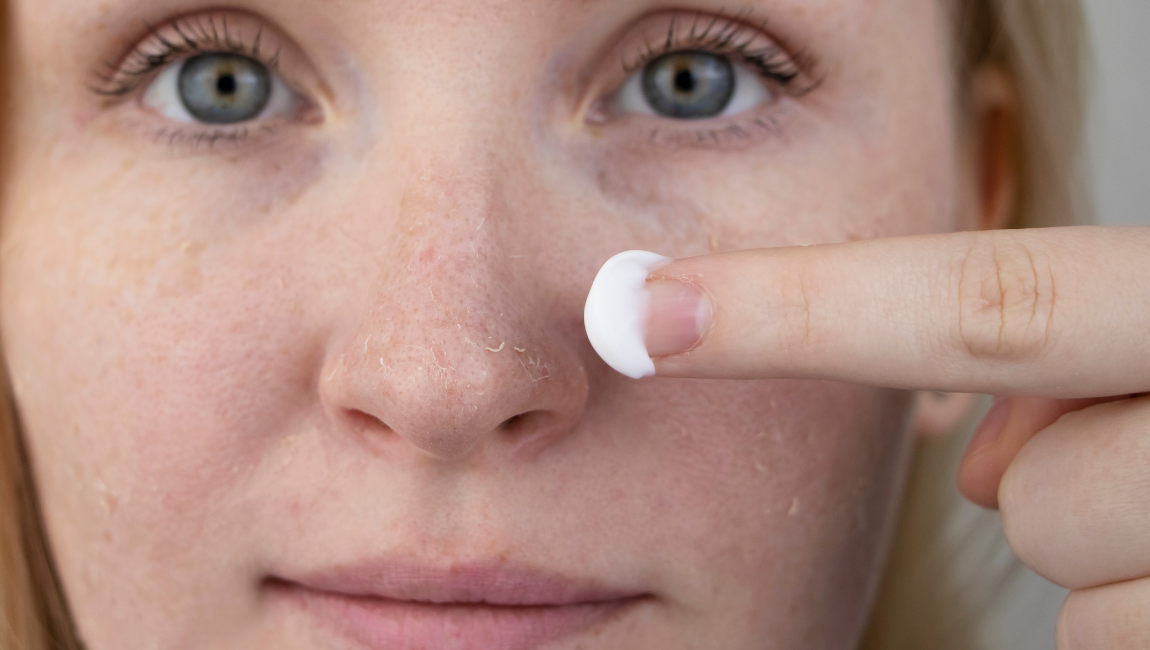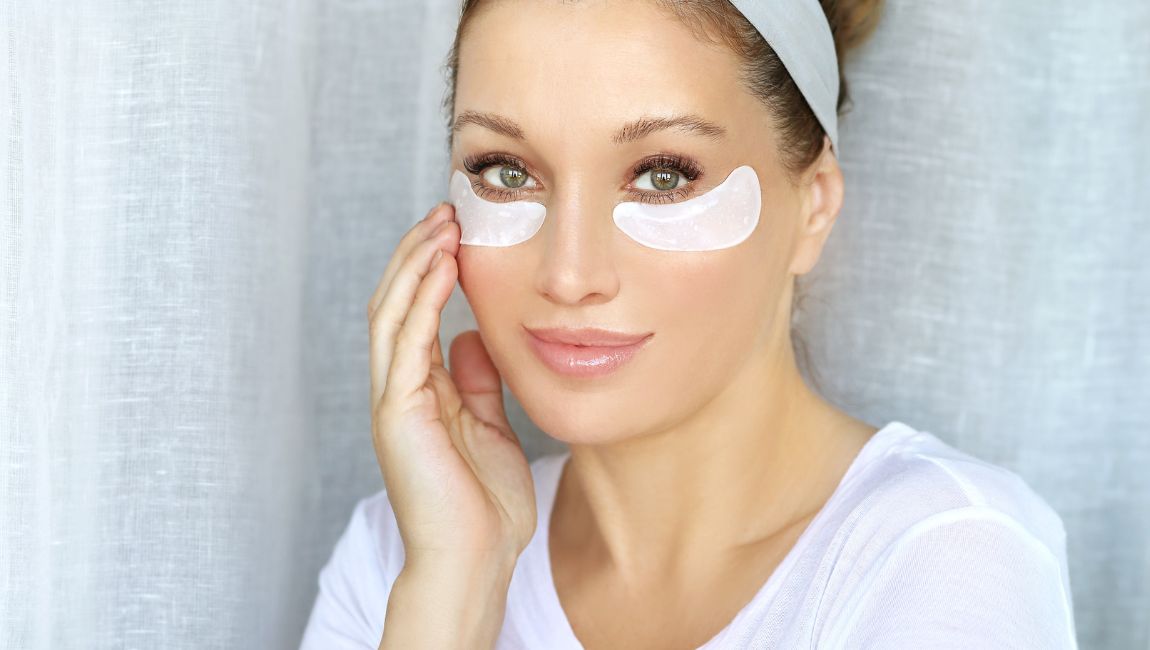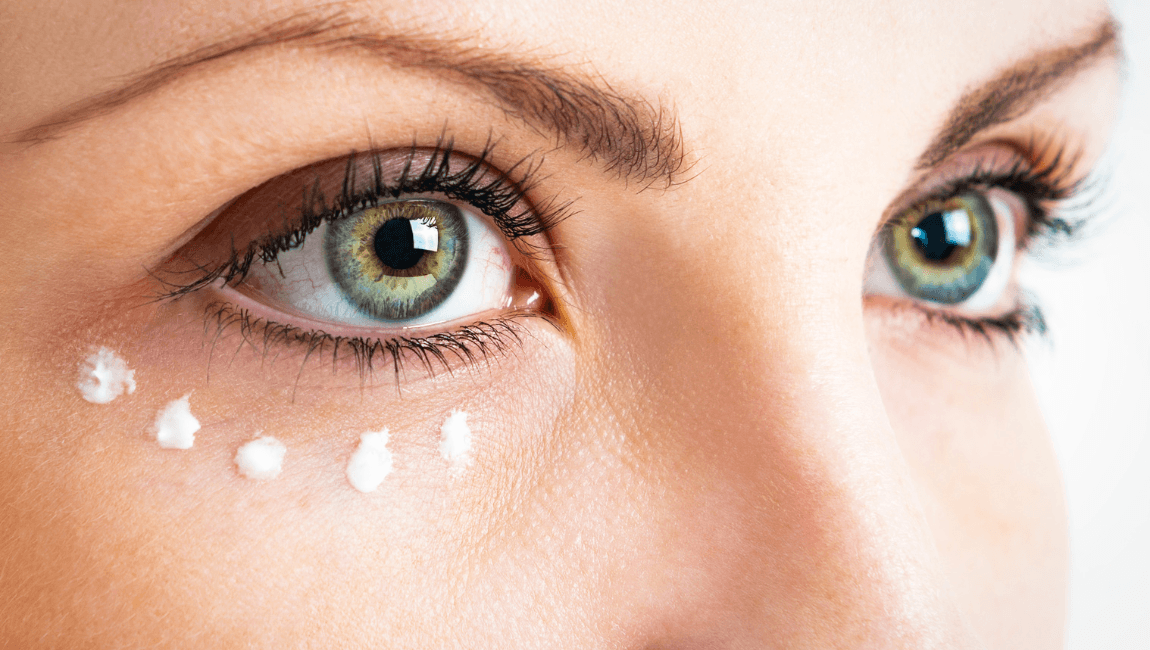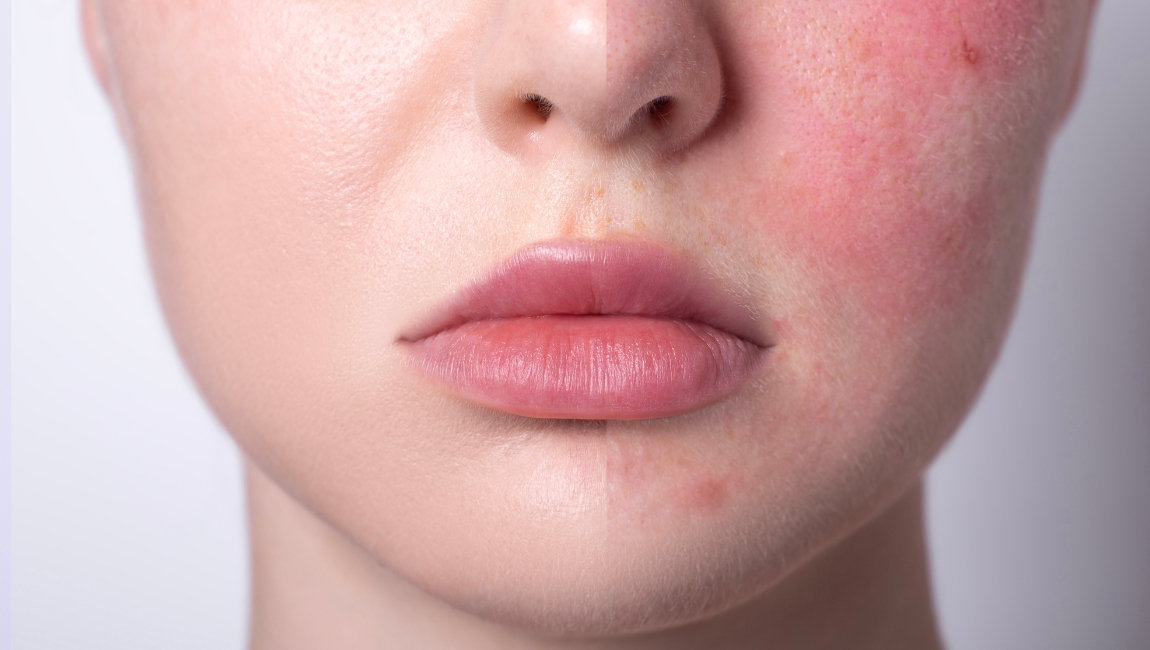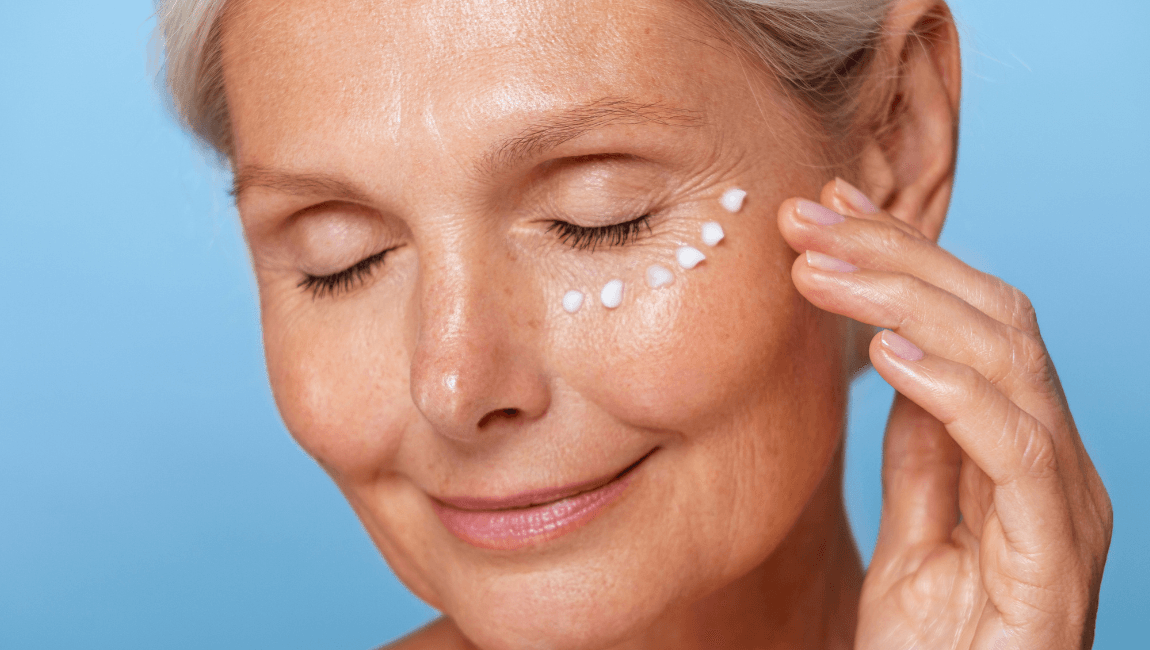Korean Vegan Skincare: Benefits and Top Tips
Posted by Skinsider Team on 29th Jan 2026
Korean skincare offers an incredible range of vegan products that are effective, gentle, and eco-friendly. Whether you’re looking for hydration, calming ingredients, or anti-ageing benefits, vegan skincare is worth exploring.
What is Vegan Skincare?
Vegan skincare is free from animal products and by-products, relying instead on plant-based ingredients.
Vegan vs Cruelty-Free:
Vegan = no anim
…
The Difference Between Dry & Dehydrated Skin: How to Treat Each
Posted by Skinsider Team on 22nd Jan 2026
Knowing your skin type is crucial for building an effective skincare routine. Dry and dehydrated skin may look similar, but the causes, treatments, and ingredients that work best differ. Understanding the distinction can save you from wasting time and money on products that don’t address your skin’s real needs.
Dry Skin vs. Dehydrated Skin
Dry skin is a skin type. It occurs when your s
…
How to Reduce Eye Puffiness - The Best Korean Eye Creams for Puffiness
Posted by Skinsider Team on 20th Jan 2026
Eye puffiness is one of the most common concerns, whether caused by lack of sleep, fluid retention, or sensitive skin. The delicate skin around our eyes often shows signs of fatigue first, making puffiness even more noticeable. The good news? With the right Korean eye cream and some simple daily habits, you can reduce puffiness and brighten your eyes.
Here’s our top selection of Korean eye c
…
The Best Korean Eye Creams – Tried, Tested, and Truly Worth It
Posted by Skinsider Team on 20th Jan 2026
If you're like me, eye creams are more than just a step in your skincare routine, they’re your secret weapon against puffiness, dark circles, and that tired look that creeps in after a long day. Korean eye creams, in particular, have impressed me over the years for their gentle formulations and powerhouse ingredients. In this post, I’ll walk you through four top picks from Skinsider, e
…
Vegan Glass Skin: Why Essence Layering is the Key to Healthy Skin
Posted by Skinsider Team on 15th Jan 2026
When it comes to achieving the coveted glass skin look, ethical and vegan skincare is paving the way for radiant, healthy, and sustainable beauty routines. If you’re searching for a transformative yet ethical approach, essence layering with Mixsoon is the perfect answer. Let’s dive into how you can achieve a luminous complexion while embracing cruelty-free, plant-powered skincare.
Why
…
Vegan-Friendly Korean Skincare Solutions for Sensitive and Acne-Prone Skin
Posted by Skinsider Team on 13th Jan 2026
Finding the right skincare for sensitive and acne-prone skin can feel like an endless journey. Add the goal of choosing vegan-friendly products, and the process may seem even more daunting. But here at Skinsider, we believe that your skin shouldn’t have to compromise—nor should your values. This guide will help you navigate the world of vegan skincare for reactive skin, offering soothi
…
VT Cosmetics Reedle Shot: A Complete Concentration Comparison
Posted by Skinsider Team on 9th Jan 2026
VT Cosmetics Reedle Shot: A Complete Concentration Comparison
VT Cosmetics' Reedle Shot series has gained attention for its innovative micro-needling skincare approach, offering three variations: Reedle Shot 50, Reedle Shot 100, and Reedle Shot 300. Each version differs in concentration and strength, making it crucial to choose the right one for your skin’s needs. In this guide, we’ll
…
Why do you need reedle shot this Winter?
Posted by Skinsider Team on 7th Jan 2026
Winter is one of the most challenging seasons for your skin. Cold air, central heating, low humidity, and sudden temperature changes weaken the skin barrier, leading to dryness, dullness, sensitivity, and slower regeneration. If your usual skincare suddenly feels less effective, your skin may need more than just hydration, it may need better delivery.
This is where VT Cosmetics Reedle Shot b
…


